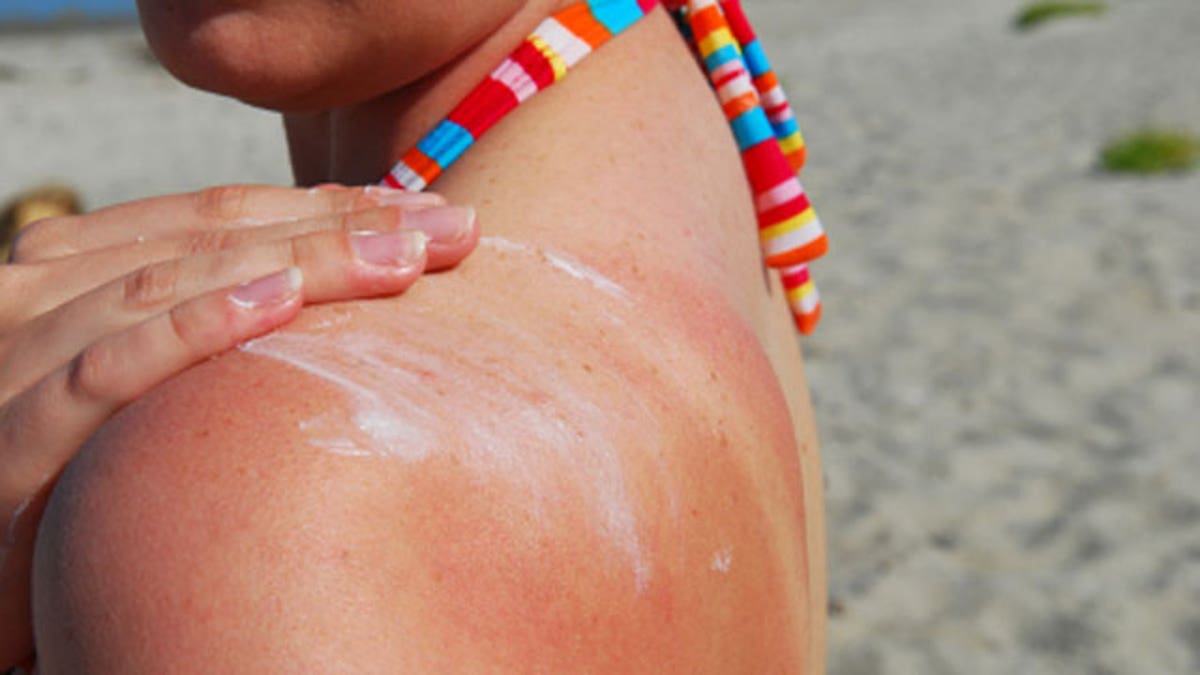
(iStock)
They are not cures, but two novel drugs produced unprecedented gains in survival in separate studies of people with melanoma, the deadliest form of skin cancer, doctors reported Sunday.
In one study, an experimental drug showed so much benefit so quickly in people with advanced disease that those getting a comparison drug were allowed to switch after just a few months.
The drug, vemurafenib, targets a gene mutation found in about half of all melanomas. The drug is being developed by Genentech and Plexxikon Inc.
The second study tested Bristol-Myers Squibb Co.’s Yervoy, a just-approved medicine for newly diagnosed melanoma patients, and found it nearly doubled the number who survived at least three years.
“Melanoma has just seen a renaissance of new agents,’’ and more are being tested, said Dr. Allen Lichter, chief executive of the American Society of Clinical Oncology.
The new studies were presented yesterday at the oncology group’s annual meeting in Chicago and published online by the New England Journal of Medicine.
“This is really an unprecedented time of celebration for our patients,’’ said Dr. Lynn Schuchter of the University of Pennsylvania’s Abramson Cancer Center.
Melanoma is on the rise. There were 68,000 new cases and 8,700 deaths from it in the United States last year, the American Cancer Society said. Only two drugs had been approved to treat it, with limited effectiveness, until Yervoy, an immune-system therapy, won approval in March.
The experimental drug, vemurafenib, is aimed at a specific gene mutation, making it the first so-called targeted therapy for the disease. The drug got attention when a whopping 70 percent of those with the mutation responded to it in early testing.
The new study, led by Dr. Paul Chapman of Memorial Sloan-Kettering Cancer Center in New York, was the key test of its safety and effectiveness. It involved 675 patients around the world with inoperable, advanced melanoma and the gene mutation. They received vemurafenib pills twice a day or infusions every three weeks of the chemotherapy drug dacarbazine.
After six months, 84 percent of people on vemurafenib were alive, versus 64 percent of the others.
The other new drug, Yervoy, is not a chemotherapy but a treatment to stimulate the immune system to fight cancer. Dr. Jedd Wolchok of Memorial Sloan-Kettering led the first test of it in newly diagnosed melanoma patients.
About 502 of them received dacarbazine and half also got Yervoy. After one year, 47 percent of those on Yervoy were alive versus 36 percent of the others. At three years, survival was 21 percent with Yervoy versus 12 percent for chemotherapy alone.
